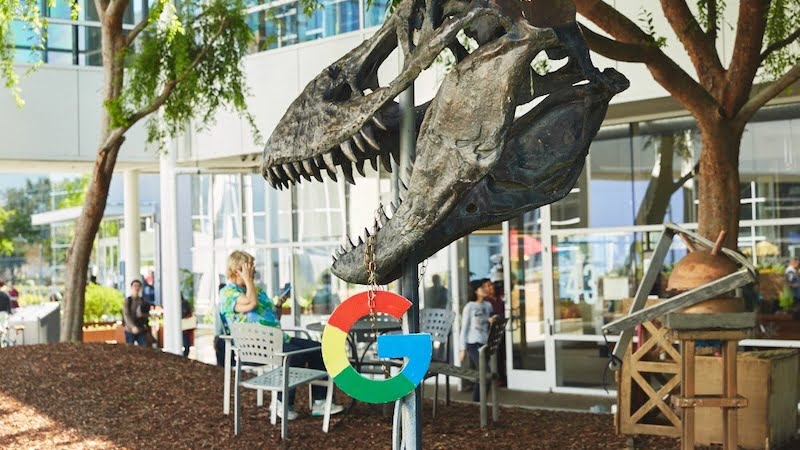
A US court has ruled that Google has a monopoly on Internet searches. The US company also abused its market power to consolidate this position. But the ruling comes too late and will not change much for the time being – not least because politicians have failed. A comment.
As early as 2009, Google had a market share of around 80 percent as a search engine. This rose to 90 percent in 2020, according to US judge Amit Mehta.
In a nearly 300-page ruling, the court not only found that the US company had a monopoly on Internet searches, but also ruled that Google had abused its market power to consolidate this position.
So far so good: These numbers also emerge from statistics – even if they vary slightly between desktop and mobile devices.
Google has a monopoly: A judgment that comes too late
Google now officially has a monopoly on internet searches. Given the numbers, this will come as no surprise to many. What is more surprising is that this fact has not been clarified long ago. The current ruling not only comes too late. It also shows a massive failure of politics!
Sure, as a user you could of course simply switch to another search engine, of which there are many. You could also argue that Google's high market share is simply due to the popularity of the service – which Google itself does, by the way. But the problem lies much deeper.
Many people don't know any other search engines at all – partly because they hardly ever see them. According to a US ruling, Google not only has a monopoly on Internet searches, but has bought this position in an anti-competitive manner.
For example, the company pays a lot of money to be the default search engine on Apple devices. The same applies to the Firefox browser. This is a huge competitive advantage in that many people rarely change the default settings on their devices.
False belief in the market: policy failure vs. Google
The ruling that Google has a monopoly was long overdue. However, there can be no more castles in the air now. The fact that Google was able to achieve this position and market share is primarily due to the failure of politicians.
The reason: a false belief in the market. Even those who complain the loudest should now be aware that a market without control does not create diffusion – especially not in the technology sector. In this respect, the market alone regulates nothing.
This is also due to so-called network effects. In concrete terms, this means that a network is only as strong as its users, who Google has driven into dependency. A similar phenomenon can be observed with messenger services. Because: If you are not on WhatsApp, you cannot have a say in the matter.
Google has a monopoly – what now?
The biggest problem, however, is not only that the Google ruling comes far too late, which is also due to the fact that the USA has been proud of its large corporation for far too long. The certified Google monopoly will be difficult, if not impossible, to break. First of all, the decision has no consequences.
They are to be clarified in further proceedings. Google will probably appeal in both cases, which in turn could result in a process lasting years, if not decades. Now, of course, one could go ahead and present users with so-called selection screens, as the EU has done. But that turned out to be a flop.
The European Union is now showing people in Europe alternative search engines to choose from. However, these ads are apparently perceived as annoying and are clicked away. It therefore seems more sensible to impose bans so that the Google search engine no longer appears as standard on Apple devices or in the Firefox browser.
Mozilla in particular would probably have significant financial problems. The solution? Google would have to open up to the competition. There should no longer be price differences based on reach and market power. And above all: There should be an Internet infrastructure that all search engines can use equally.
Also interesting:
Source: https://www.basicthinking.de/blog/2024/08/06/ein-viel-zu-spaetes-urteil-google-hat-ein-monopol-weil-die-politik-versagt-hat/


